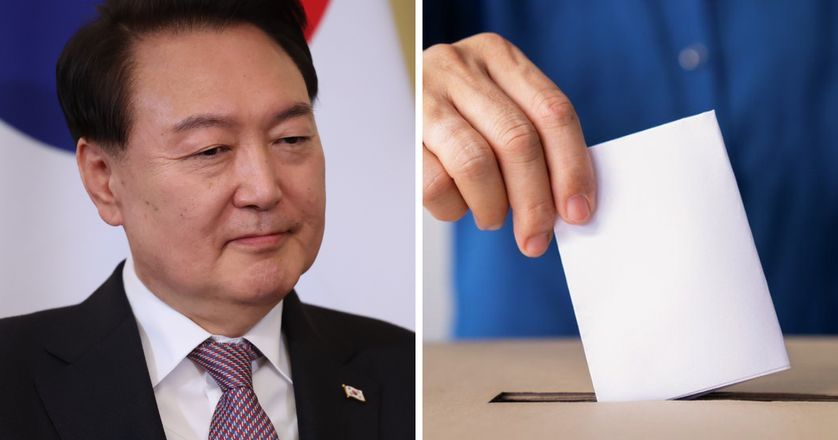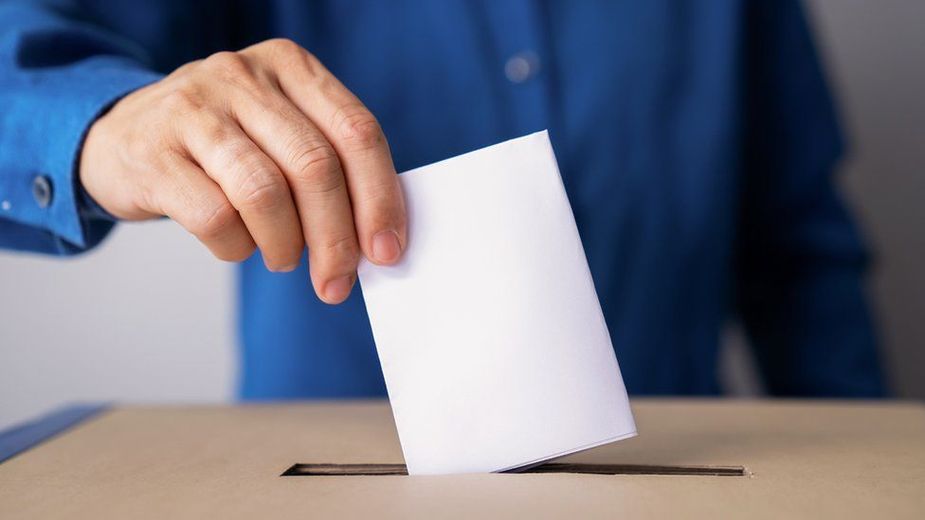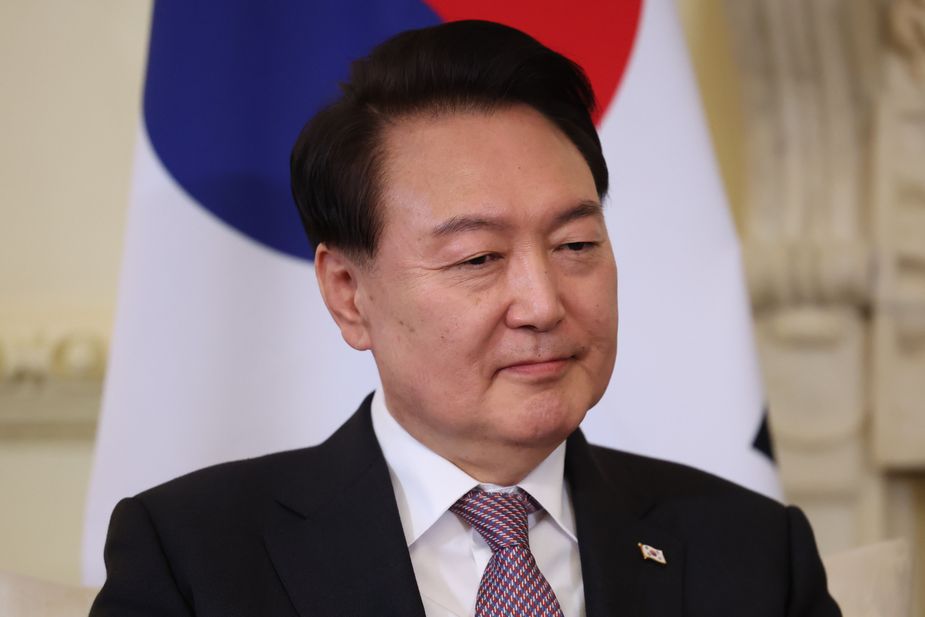Deepfakes Could Wreak Havoc In South Korea Ahead Of General Elections

With the South Korean parliamentary elections looming in April, the threat of AI-generated deepfake videos and images has become a significant concern.

The National Election Commission (NEC) of South Korea has reported the detection of 129 pieces of AI-generated content that violate the country’s newly revised election law. This law — which came into effect on January 29 — explicitly prohibits the use of deepfakes in electoral campaigning, imposing penalties of up to seven years in prison or fines amounting to ₩10.0 million KRW (about $7,500 USD) for those found guilty.

The proliferation of deepfake technology has introduced a new frontier in the battle against disinformation, posing considerable challenges to maintaining the integrity of the democratic process. Deepfakes — which are videos and images manipulated using advanced AI to appear realistic — have been utilized in past elections to mislead voters and skew public opinion. Notably, during the provincial elections in 2022, a deepfake video was circulated on social media showing President Yoon Suk Yeol endorsing a local candidate, highlighting the potential for misuse of this technology.

The NEC’s proactive measures against deepfakes reflect a broader recognition of the evolving landscape of disinformation facilitated by technological advancements. The revised legislation aims to curb the spread of false information and protect the electoral process from emerging threats. However, the sophistication and rapid production of deepfake content present ongoing challenges for election authorities. According to Kim Myuhng-joo, a professor at Seoul Women’s University, the speed at which convincing fakes can be produced far outpaces the NEC’s verification processes, making effective combat against deepfakes a daunting task.

The constant evolution of deepfake technology further complicates detection and mitigation efforts. The NEC has adopted a step-by-step verification process to review, investigate, and act upon illegal content, underscoring the necessity for a multifaceted approach to address this issue. This includes not relying solely on specific company programs but employing a comprehensive strategy that encompasses rigorous verification protocols.
The battle against deepfakes is not only about protecting elections but also about defending the foundational principles of democracy in the age of artificial intelligence.